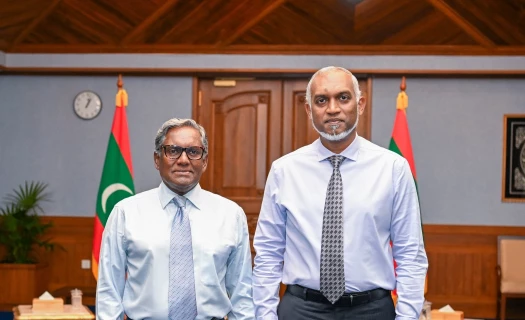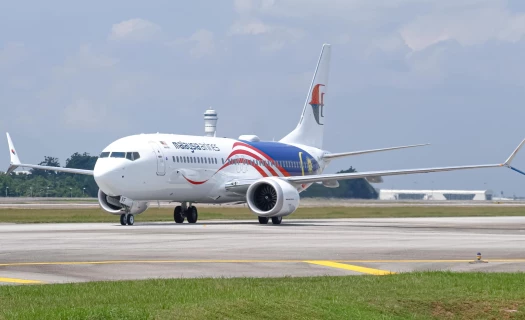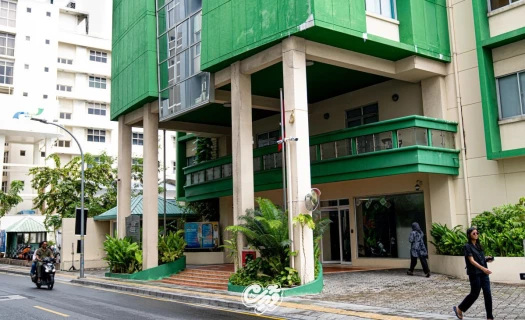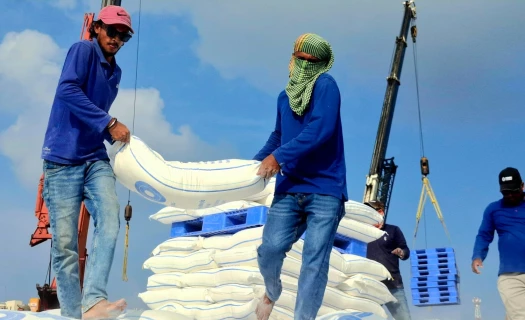Public outrage over plastic bag taxation

The taxation of Maldivian Rufiyaa 2 from plastic bags being provided or sold at points of sale, which was introduced after the passing of the Waste Management Bill, under which the import of single-use plastic was banned, has led to the government receiving backlash from the public.
The environment of Maldives is facing severe negative impacts of the huge waste problem. Beaches, resorts, and reefs are damaged, and plastic waste plays a huge role in this.
However, while it is agreed that the plastic pollution in Maldives is extremely bad and needs immediate attention, there has been major criticism on the plastic bag tax.
It has been mentioned by the public that some parts of the Plastic Bag Fee Guide released by Maldives Inland Revenue Authority (MIRA) are preposterous as the cases in which plastic bag fees are taken, differ.
Various tweets and facebook posts have been made regarding this; Shafraz Ahmed, Chief Editor of Voice, has made a tweet pointing out that it is preposterous how plastic bag tax is collected from the purchase of raw chicken in bags, but not from raw fish.
Shauna Aminath, Minister of the Environment, has made a tweet on why the plastic bag tax is necessary. She highlighted the negative impacts of plastic on our environment, such as water pollution and excessive waste.
According to Minister Shauna, if the waste problem in Maldives is not reduced, the building of a new Thilafushi every decade will be necessary.
Minister Shauna also mentioned that there are some cases where the use of plastic bags are necessary, which is why a levy was introduced rather than banning it. As she mentioned in her tweet, it would greatly benefit the environment if people were to switch to reusable cloth bags rather than single-use plastic bags.
Some of the replies under Minister Shauna’s tweet talks about how corruption is a bigger problem in Maldives than plastic waste - while this may or may not be true, the plastic waste is certainly not a problem to be ignored as it directly impacts the environment of Maldives and damages our reefs, beaches, and land which in turn will affect major industries like fishing and tourism, which the economy of Maldives heavily rely on.
Replies to her tweet also include that there are many problems with the design of the bill, and that the plastic bag tax is leading to inflation rather than the reduction of single-use plastic.
The public is also demanding to know how the money collected as green tax was used, and claiming that the money was spent on political appointees and unnecessary reclamation.
As the public said on various platforms such as twitter, instagram, and facebook, the plastic tax impacts every individual and could be harming some more than the others due to the economic imbalance in the country. It has been said that the method for the reduction of single-use plastic bags was rather sudden, and is unlikely to cause a drastic positive impact.
The environmental damage in Maldives has been impacting the reputation of the country as “Paradise on Earth”. The Maldivian climate change and sea level rising has been getting global attention recently, and this could take a toll on the tourism in Maldives - so unless some serious action is taken to end this, the environmental crisis will not end and will remain as an existential threat to the country, as it is one of the most low-lying nations in the world.














